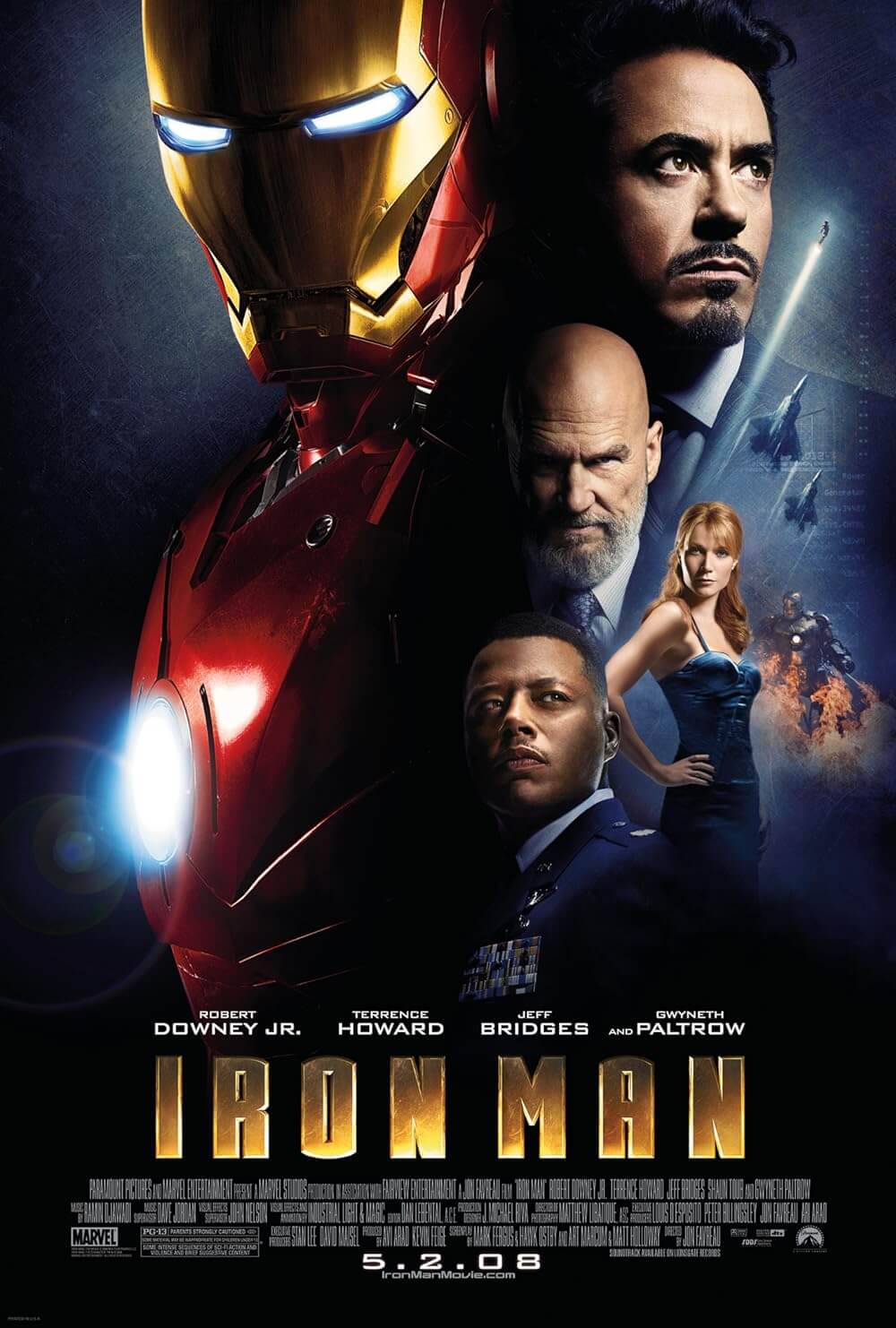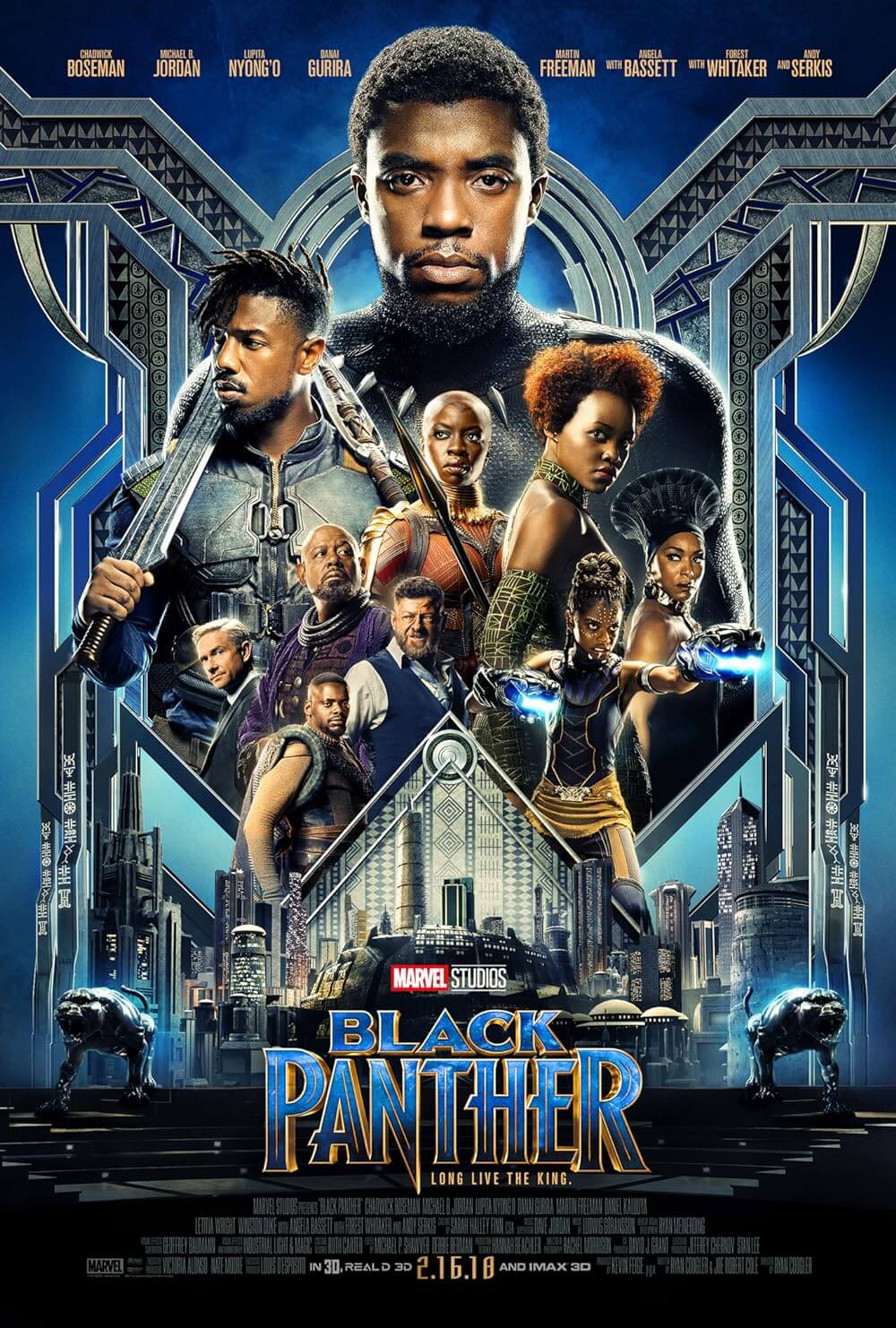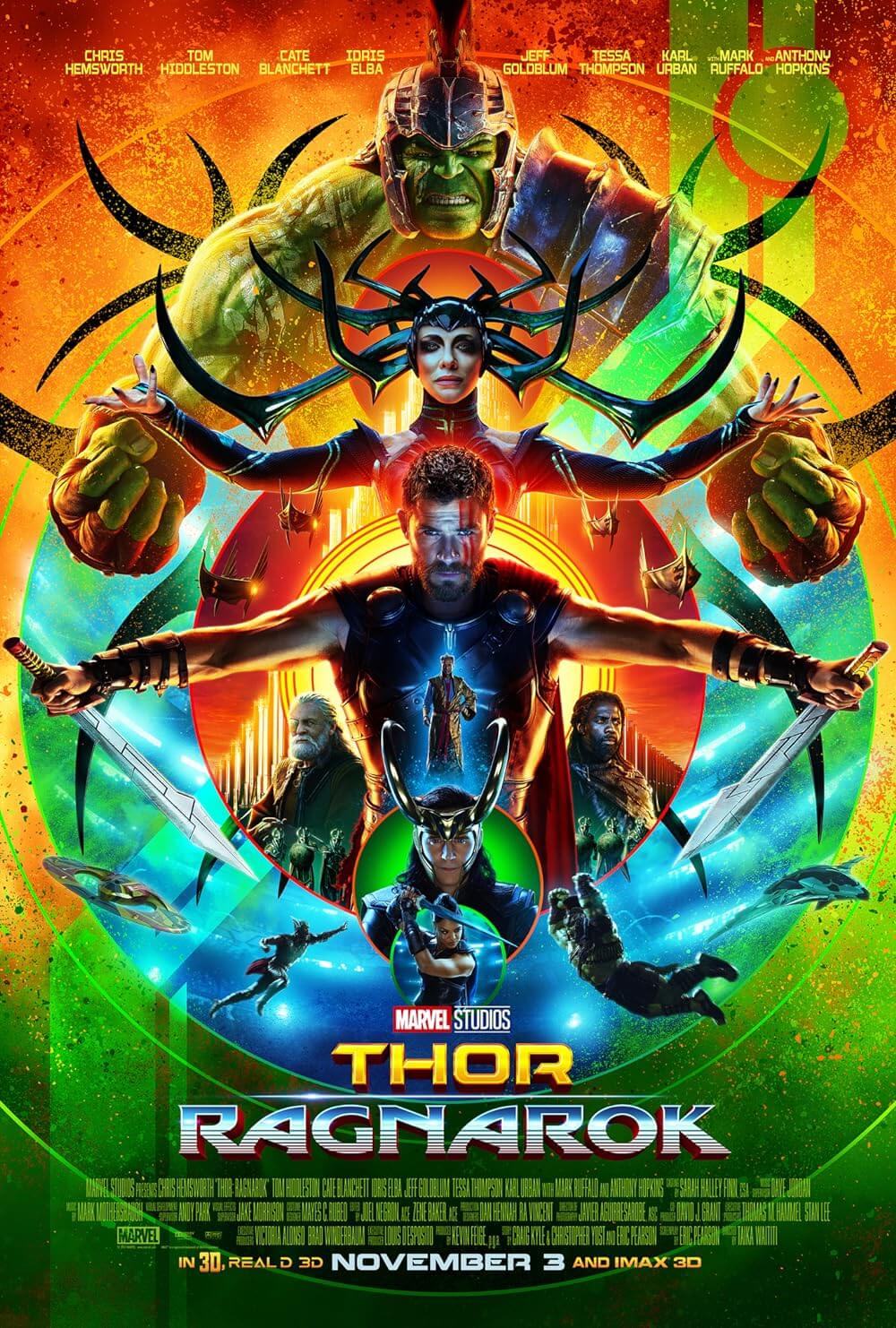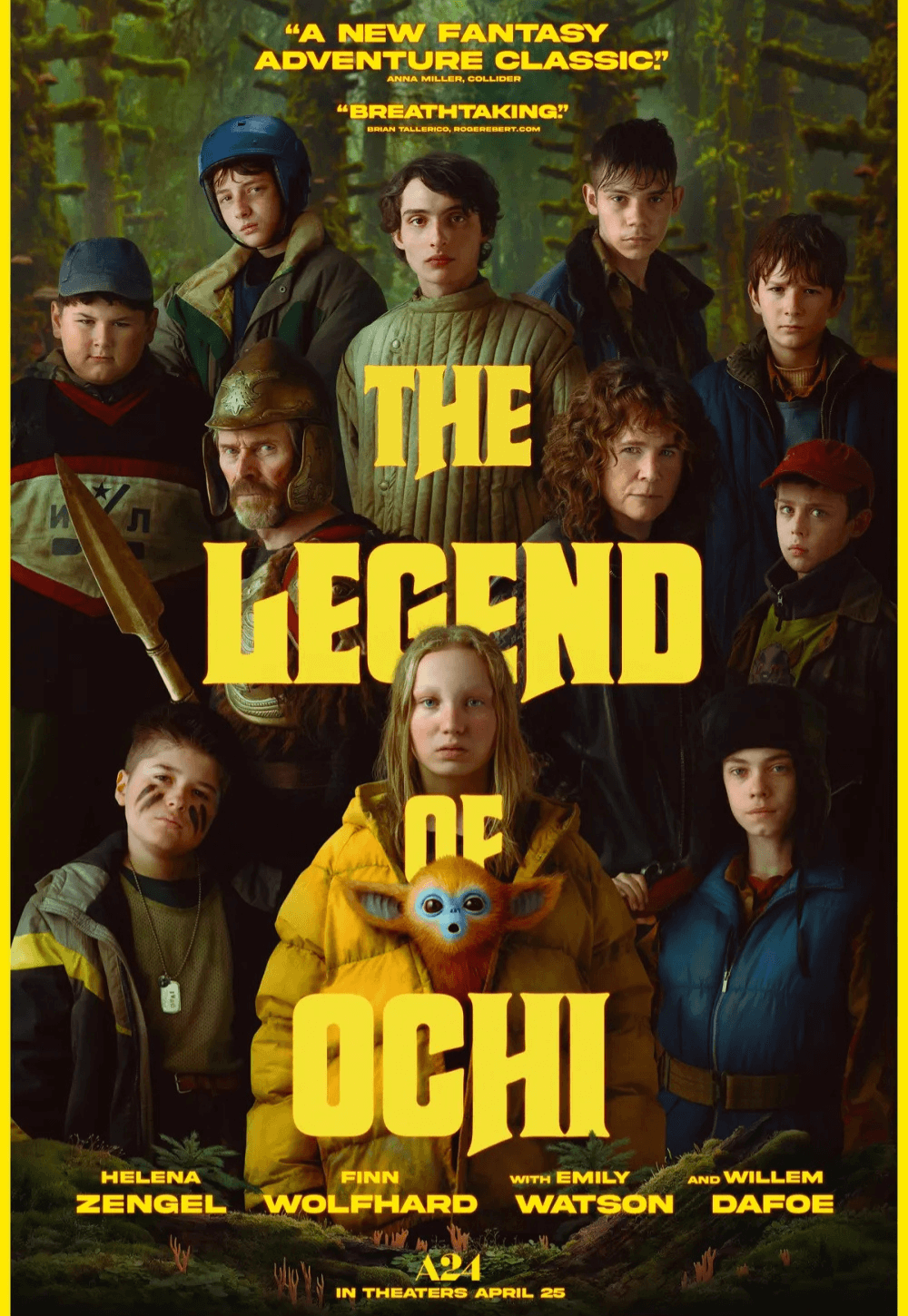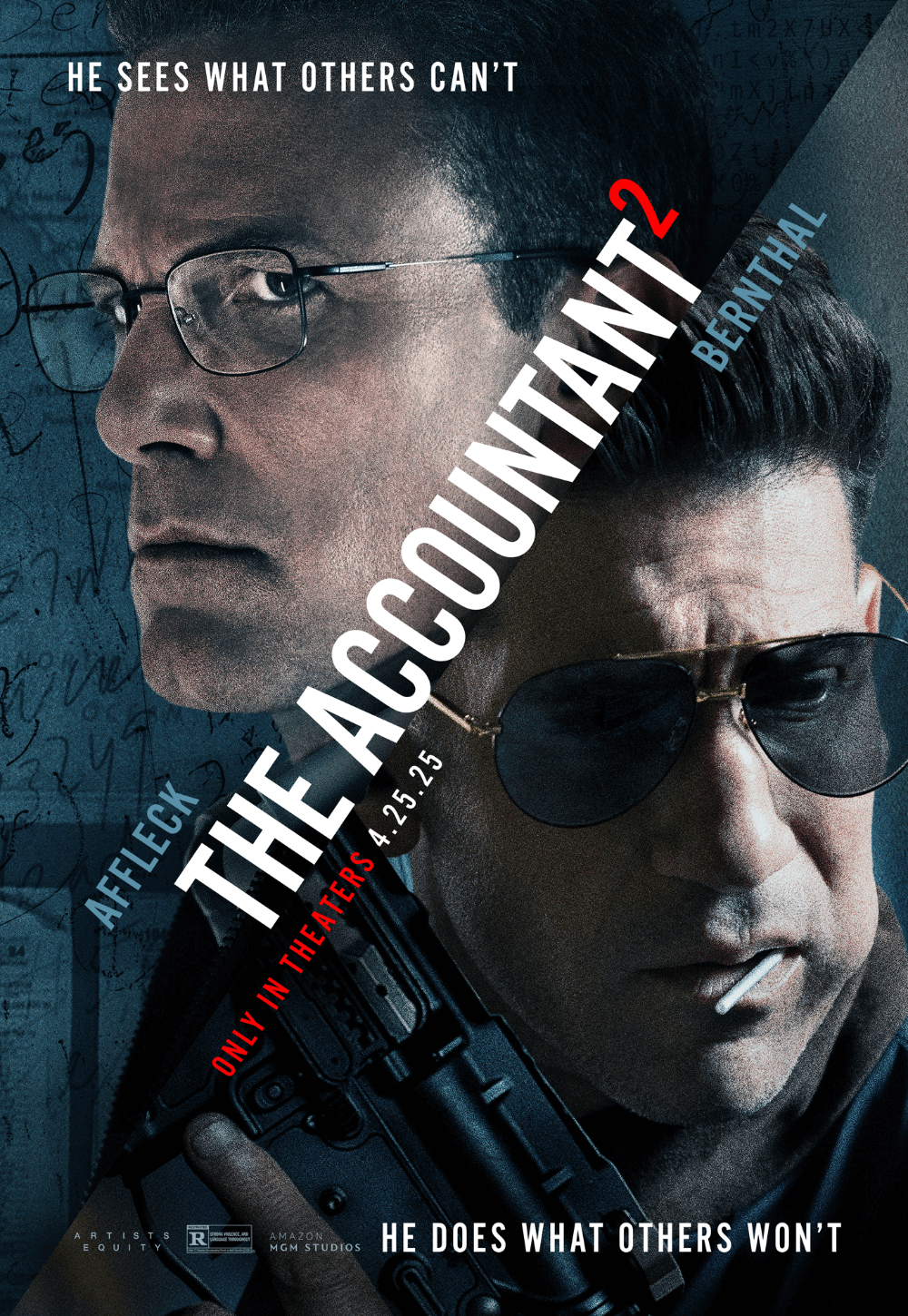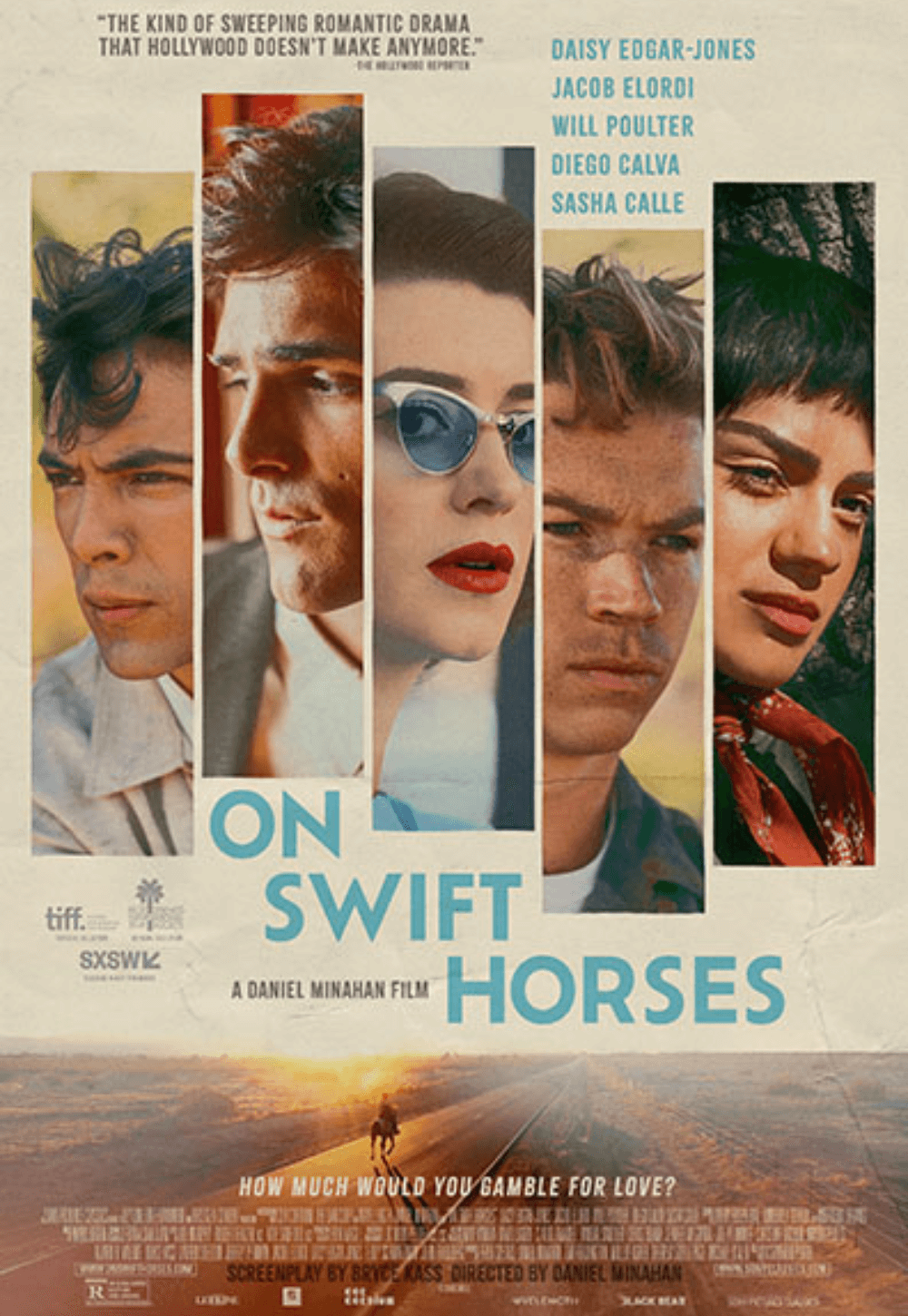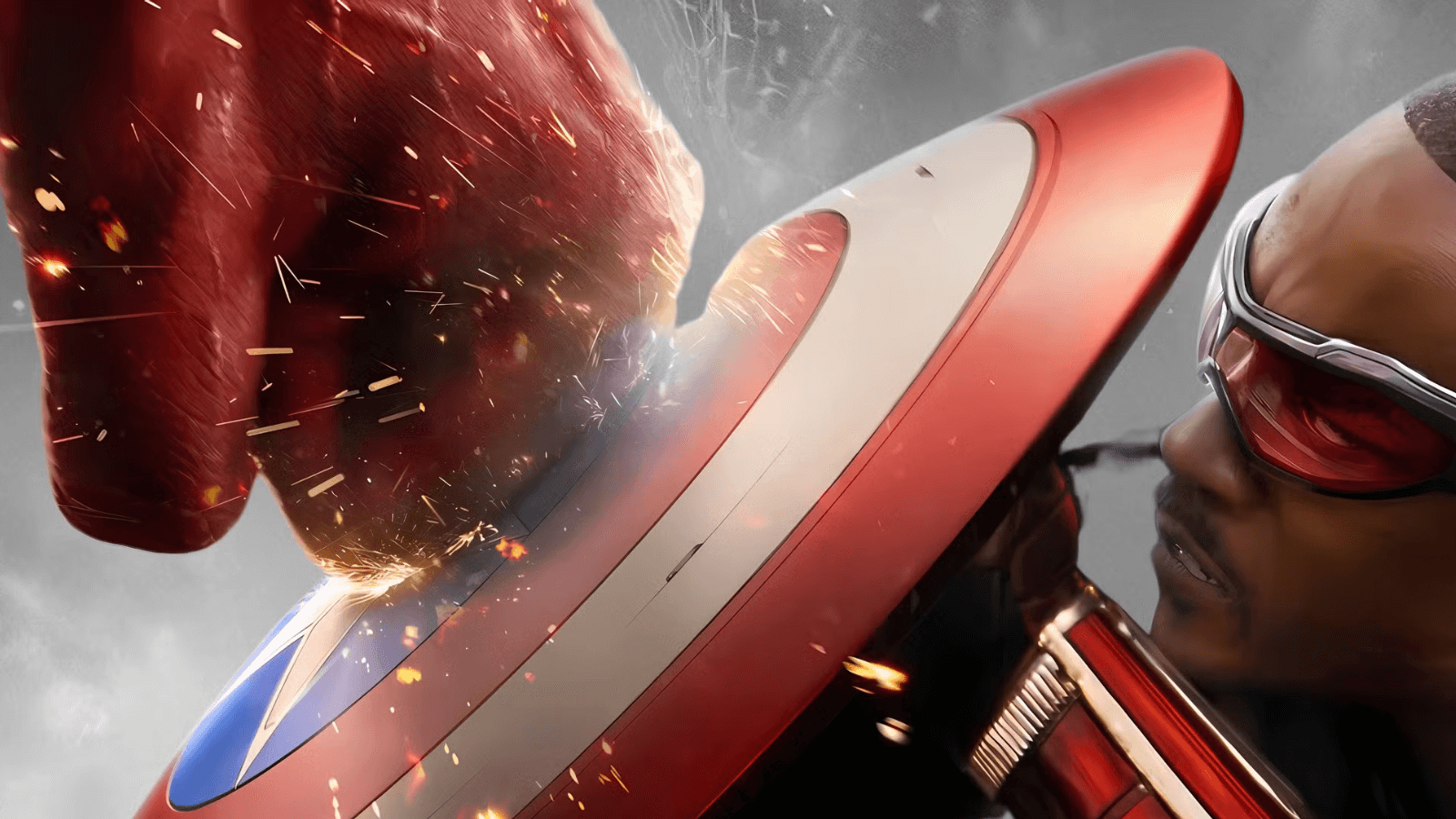
Captain America: Brave New World
By Brian Eggert |
Captain America: Brave New World is the latest soft restart of the Marvel Cinematic Universe. After a rocky few years of superhero fatigue, waning interest, and some mediocre movies, the MCU pivots to rebuild with new storylines and characters—even a new Captain America, played by a winning Anthony Mackie—all hinting at exciting developments in the years ahead. With Deadpool & Wolverine, the MCU’s transitional (and only) chapter in 2024, delivering a fun but airless time at the movies, it’s back to world-building in a different direction. But more than a stepping stone for what’s to come, it’s a plainly diverting solo adventure. Director Julius Onah and a posse of credited screenwriters draw on a similar throwback conspiracy template as Captain America: The Winter Soldier (2014), one of the MCU’s best and an obvious inspiration here. They also carefully navigate modest political themes without resorting to overt didacticism, offering a tense spy-thriller scenario that accomplished the most basic ambition of a superhero movie: I was entertained.
A competent filmmaker carrying out Marvel’s vision, Onah cleverly prompted his audience to think about race, class, privilege, and power in his last directorial project, Luce (2019). In Brave New World, some of those same ideas have been woven into the narrative and dialogue, albeit without much force, all while making it easy for this love-hate MCU viewer to lose himself in its engaging story. To be sure, I enjoy seeing new Marvel movies. They’re fun megabudget spectacles and, as I’ve written about before, my teen years collecting and reading comic books often makes me a more forgiving reviewer. But I deplore what they represent in Hollywood—how they’ve amplified the corporate mindset of studio executives and the industry as a whole. As a critic, I remain at odds, split between enjoying the movies and feeling cynical about their impact on commercial cinema. This feeling has intensified over the years as Marvel went from a scrappy company that crafted an unlikely hit with Iron Man (2008) to the shiniest product off the Disney product assembly line.
In any event, this refreshingly multiverse-free entry in the MCU feels grounded next to the last few years of intergalactic battles, quantum realms, and alternate dimensions. Although a link to the cosmic Eternals (2021) introduces an exciting new element into this world, the comparatively grounded scenario involves more everyday threats: an international treaty for a new resource, a mad scientist, and brainwashed assassins worthy of The Manchurian Candidate (1962). The story finds newly elected President Thaddeus “Thunderbolt” Ross (originally portrayed by the late William Hurt and now played by an excellent Harrison Ford) offering the new Captain America a chance to relaunch the Avengers team. After getting a promotion in the Disney+ series Falcon and the Winter Soldier (2021) to Captain America, Sam “Falcon” Wilson doesn’t have time to accept his offer before an assassination attempt on Ross. The problem is that one of the assassins is Wilson’s friend (Carl Lumbly), a supersoldier seemingly programmed by some mysterious figure working in the shadows.
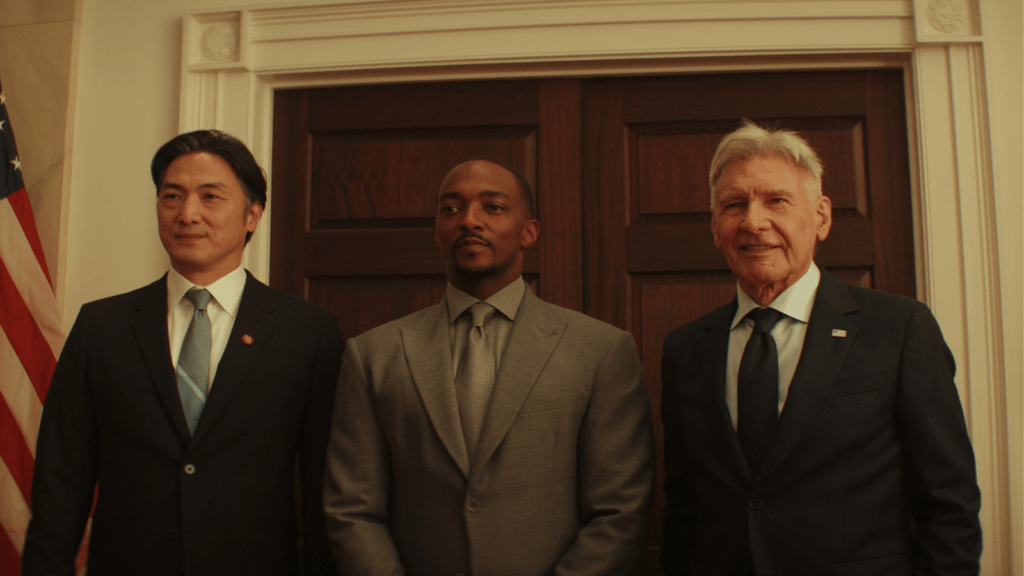
Sam and his soon-to-be Falcon sidekick, Joaquin Torres (Danny Ramirez), investigate and uncover an elaborate conspiracy with the help of Ross’ top security agent, Ruth Bat-Seraph (Shira Haas), a former Black Widow. Those involved include a mercenary named Sidewinder (Giancarlo Esposito) and the long-overdue return of Bruce Banner’s friend Samuel Sterns (Tim Blake Nelson), last seen with his head getting all brainy and weird in The Incredible Hulk (2008)—a film that fans tend to dislike, but I’ll gladly defend. The particulars are best left for you to discover. Meanwhile, Sam grapples with his status as a super-suited human who never took the supersoldier serum as Steve Rogers did. What chance does he have of stopping the colossal forces at work—such as Ross, a POTUS with a history of throwing super-humans in The Raft and solving his problems with violence—without superpowers? Then again, Ross has vowed to change, leaning on his “Together” campaign slogan, partly to win back his estranged daughter (Liv Tyler).
Like Aldous Huxley’s dystopian novel of the same name (minus the Captain America, of course), the movie warns against potential technological advancements and genetic tampering that threaten humanity. Huxley’s prescient 1932 book, much like George Orwell’s 1984, feels woefully relevant to this moment in the world and specifically recent American history. While it’s somewhat disappointing that the movie doesn’t draw more on Huxley’s warnings against conformity, consumerism, and the loss of individuality—which feel chillingly germane—it still manages to incorporate political allusions. After all, the story warns against a president who is “on his own side—he always has been” and runs a country known for “taking whatever it wants by force.” And Ross eventually becomes a figure whose uncontrolled emotions and selfish actions have destructive consequences. It’s not hard-hitting commentary, but it’s there, and that’s something.
Apart from a stylish long zoom to evoke the conspiracy movies of the 1970s—The Parallax View (1974), The Conversation (1974), and Three Days of the Condor (1975)—the aesthetics of Captain America: Brave New World are competent but never inventive. As usual, VFX artists and green screen studios aid in much of the action, including a tense dogfight sequence over the Indian Ocean and a final battle in Washington, D.C. But there’s also plenty of energetic, if plainly shot, hand-to-hand combat and acrobatics, the stakes of which seem higher given Sam’s vulnerability (he’s stabbed, shot, and left with broken bones yet carries on like an invulnerable ’80s action hero). The mercifully average 118-minute runtime means the movie doesn’t overstay its welcome, though the spectacle is less compelling than the engrossing story and Onah’s direction of his actors. Ford could have slept through this performance and merely cashed his check; instead, he imbues Ross with humanity, regret, and rage, leading to several imposing speeches and emotional breakdowns. It’s one of the best performances in any MCU movie.
Though Onah may be a director-for-hire here, he enhances the material by recognizing that what brings these stories to life is the actors—not the CGI, spectacle, or mind-numbing battles, all of which look only slightly above the quality of an MCU series on Disney+. The heart of the story belongs to Mackie, whose Cap fights for Ross’ message of togetherness more than the POTUS. “If we can’t see the good in each other, we’ve already lost the fight,” he says, speaking to this moment in America with an evergreen sentiment. Mackie makes an affable, noble, inspirational Captain America, and the supporting cast enriches the character. Lumbly, Nelson, Haas, Esposito, and Ramirez all shine. And while Captain America: Brave New World is only political in MCU terms, which is mild at best, the blockbuster lends some relevance to this goes-down-smooth scenario, instilling hope for the MCU’s future with an entertaining installment.
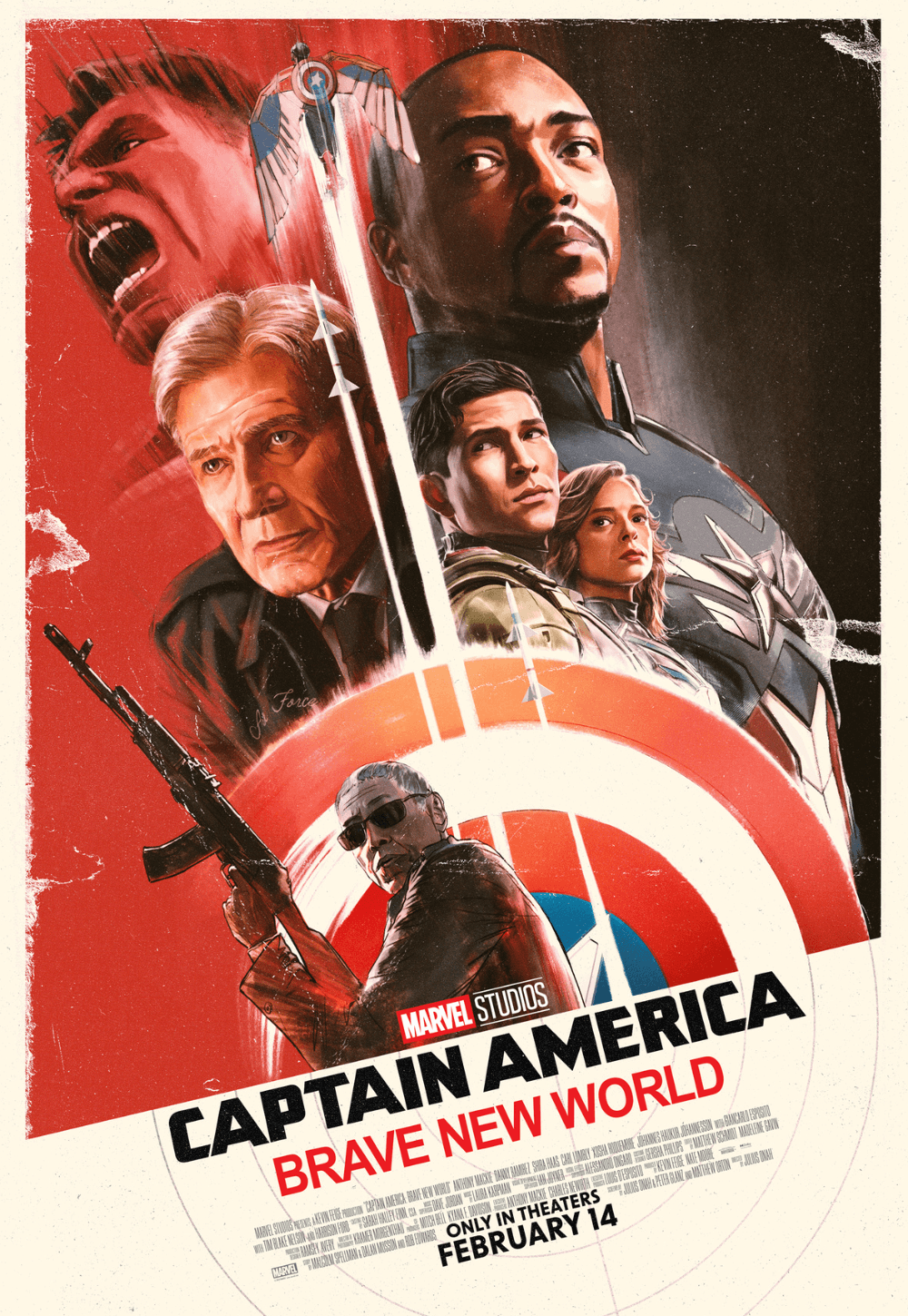
Consider Supporting Deep Focus Review
I hope you’re enjoying the independent film criticism on Deep Focus Review. Whether you’re a regular reader or just occasionally stop by, please consider supporting Deep Focus Review on Patreon or making a donation. Since 2007, my critical analysis and in-depth reviews have been free from outside influence. Becoming a Patron gives you access to exclusive reviews and essays before anyone else, and you’ll also be a member of a vibrant community of movie lovers. Plus, your contributions help me maintain the site, access research materials, and ensure Deep Focus Review keeps going strong.
If you enjoy my work, please consider joining me on Patreon or showing your support in other ways.
Thank you for your readership!
Brian Eggert | Critic, Founder
Deep Focus Review


